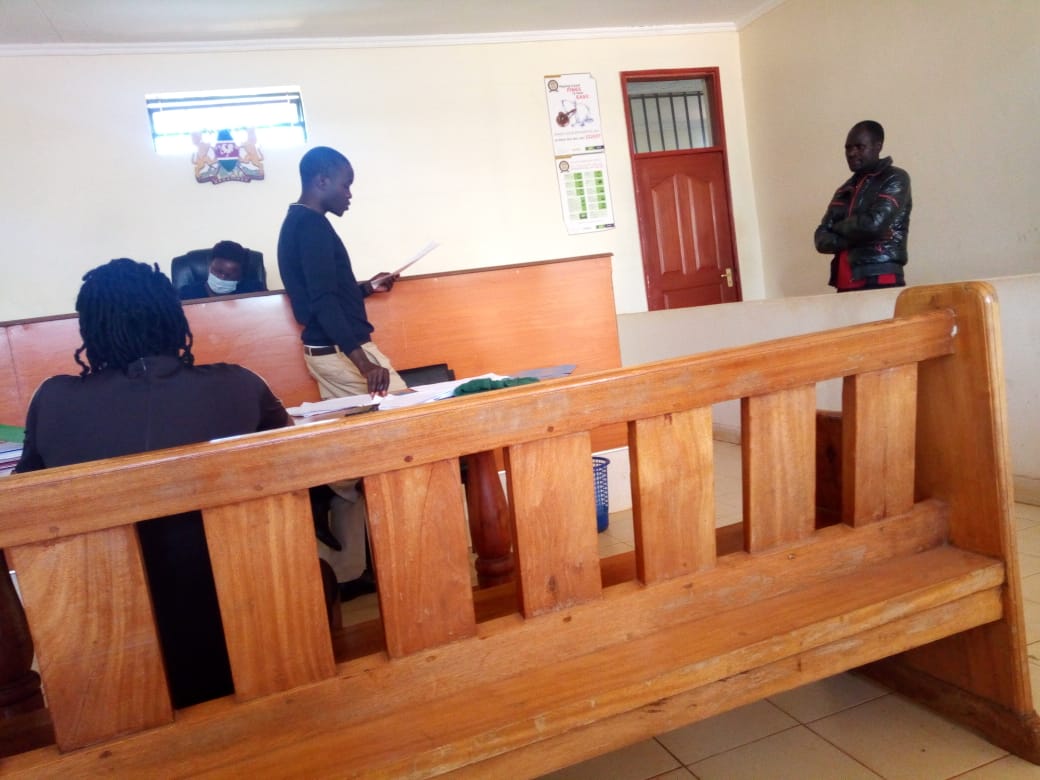In a recent landmark court decision, Justice Heston Nyaga, presiding over the High Court, has made a significant judgment. He has declared the old customary belief that children inherently belong to their fathers to be both unjust and discriminatory.
This ruling not only challenges the deeply rooted myth that children are primarily affiliated with their fathers but also advocates for a more inclusive approach to matters of child custody.
Justice Nyaga discredited claims made by Andrew Mariati, who argued that, according to Luhya culture, children belong to their fathers and should be buried on their father’s land. Nyaga pointed out that there is no substantiated proof that Luhya customs are exclusively patrilineal.
Crucially, Mariati failed to present experts from the Luhya community to substantiate his claims, a factor that weighed against his case. Justice Nyaga stated, “The respondent (Mariati) failed to adduce evidence to prove relevant Luhya Customary Law on burial.”
This landmark ruling came in response to a dispute between Mariati and his ex-wife, Rose Ndeti, over the burial of their daughter, Race Owelwa, who passed away on July 2, 2023.
MUST READ: How to Apply for a Duplicate Logbook in Kenya
Nyaga determined that Mariati had not met the requirements, including the ‘Ntheo’ (dowry ceremony), to officially marry Ndeti. Hence, the court recognized the claim by Ndeti that, under Kamba Customary Law, children of unmarried single mothers belong to their mothers.
Justice Nyaga’s decision grants Ndeti the right to bury Owelwa in her Kamba maternal home, highlighting the importance of considering the emotional connection between the deceased and their resting place.
The judge also criticized the magistrate who initially barred Ndeti from participating in the burial plans, stating that there was no valid reason presented by Mariati for such exclusion.
He emphasized that the respondent’s family is welcome to take part in the burial arrangements, as the evidence indicated that the deceased had a positive relationship with her father.
This ruling underlines the sensitivity of burial decisions and the need for careful consideration. It serves as a precedent for a more inclusive approach to child custody matters, acknowledging the complexities of cultural customs.
What are your thoughts on this decision by Justice Nyaga? Do you believe it strikes a fair balance between customary beliefs and individual rights? Leave your thoughts as comments in the comments section below.
Like and share this article to spread this awareness. Stay updated on more informative content by following our profile.
'Want to send us a story? Submit to NAIROBIminiBLOGGERS via our Email nairobiminiblogger@gmail.com'

Drop Your Comments, What do you think About The Article?